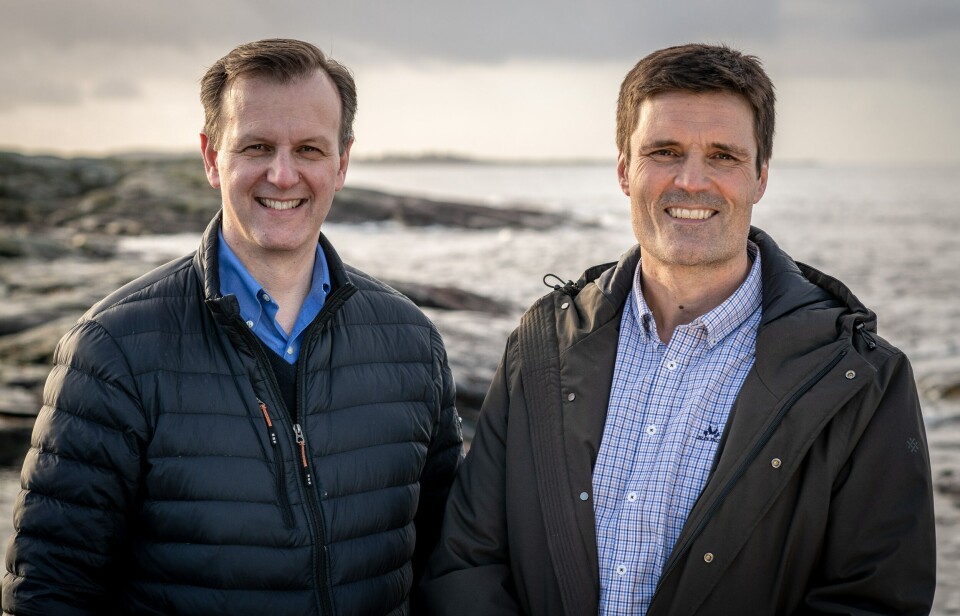
Cargill and Skretting to share ships in Norway
Salmon feed producers Cargill and Skretting have agreed to collaborate in shipping their products in Norway, saving money and reducing greenhouse gas emissions.
Under the “Fjordfrende” initiative, feed from both companies will be shipped by the same vessel. Shipping company Eidsvaag will be responsible for planning and handling of transport, including ships currently under contract.
The move comes against a background of stiff competition among feed producers and declining margins. Skretting recently announced its intention to cease production in the UK, saying an already-difficult market would become even tougher when Mowi started production at its new feed plant in Kyleakin, Skye.

Environmental footprint
“With this cooperation we will increase the utilisation rate of our fleets and significantly reduce our environmental footprint,” said Fredrik Witte, managing director for Cargill Aqua Nutrition, North Sea in a press release.
“We are creating an efficient system by optimising capacity over time, giving aquaculture a better distribution model,” said Erlend Sødal, managing director of Skretting Norway. “Load capacity will be better utilised, there will be shorter sailing distances and investment opportunities will increase.”
20 million kg of CO²
The companies said in the short-term the initiative would make it possible to reduce the fleet capacity while increasing the utilisation rate of the cargo capacity, reducing emissions of greenhouse gases by 20% per tonne of feed transported. That works out at 15-20 million kg of CO² per year, which is equivalent to removing 7,500 cars from the roads every year.
In the long-term, investments in new feed vessels would contribute to a better adapted and multifunctional feed fleet, with greenhouse gas emissions further reduced. One fleet serving both parties would also form a better basis for innovation and development.
Still competing
Apart from transport, it will be business as usual.
“We will continue to compete on every aspect of our business, including product performance and prices. The difference will be that the feed will be delivered by the same ship operator,” said the companies.
An independent Belgian company, Tri-Vizor, has been commissioned as a trustee to ensure they continue to operate independently from each other.
The Fjordfrende project is based on guidelines and models that have been developed by environmental projects for horizontal logistics cooperations, which are financed and supported by the EU Commission.























































